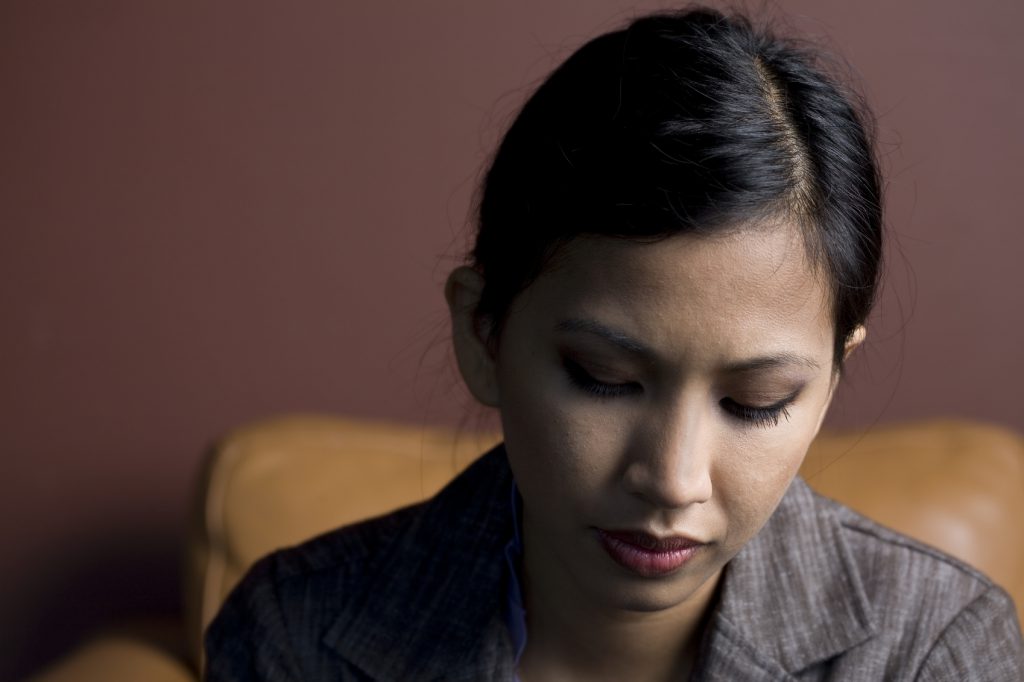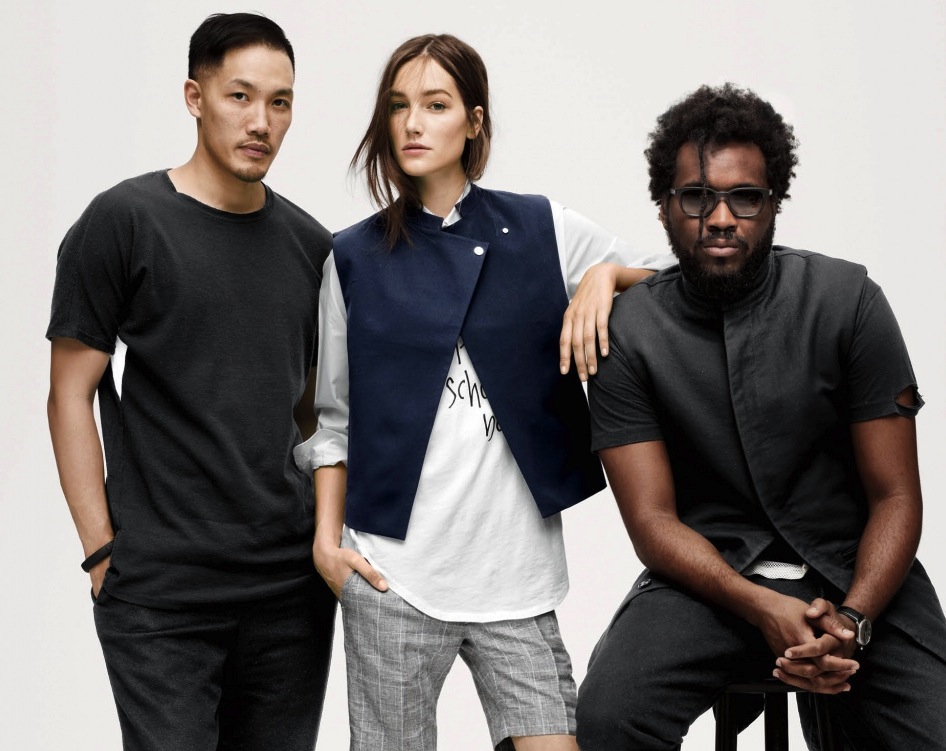Story by Andrew Lam.
What do Jiwon Lee, Kevin Lee, and Andrew Sun have in common? Sadly, they are three Asian Americans college students who killed themselves in high profile cases in April at prestigious universities.
Kevin Lee, (no relation to Jiwon,) a sophomore at Boston University studying biomedical engineering was found dead in his dorm room. Andrew Sun, also a sophomore studying economics at Harvard, jumped to his death in Boston. Jiwon Lee a dental student at Columbia University left a note that said “not living up to expectations.” Her body was found in the Hudson River.
According to the American Psychological Association, using the year 2007 as case study, suicide “was the second leading cause of death for Asian-Americans aged 15-34.” The websiteReAppropriate which advocates for Asian American concerns estimates that the three students who killed themselves are part of about 150 college-aged Asian Americans who will die by suicide this year.
Stanley Sue, a professor of psychology and Asian-American studies at the University of California at Davis who has studied suicide rates among Asian Americans, believes part of the problem is that Asian Americans are not likely to talk about their psychological problems.
“Community practitioners notice that Asian Americans are less likely to self-disclose their personal problems,” Sue told Time magazine in 2008.
That attitude hasn’t changed. Asian Americans are also less likely than other groups to rely on mental health services, according to studies, and many prefer instead to rely on culturally acceptable traditions of discipline and family order as a way to solve their problems.
Two years ago the Centers for Disease Control and Prevention asked Asian American high school students if they had seriously considered suicide during the past year — 19 percent answered yes, compared to 16 percent of all high school students.
According to Katherine Kam, a journalist who writes on Asian American mental illness, Asian American teens become depressed for various reasons. “Family conflicts and academic failure loom large,” she reported, “but some have a family history of depression, which might make them genetically vulnerable.”
It doesn’t help that Asian parents, more than other groups, often reject professional diagnoses of their children’s depression and mental health. “They fear that any mental problems will reflect badly on their son or daughter, as well as tarnish their entire lineage,” Kam noted.
Many, especially if they are immigrants from countries where mental illness is considered a low priority in health care, and where treatments are scant or non-existent, believe they can overcome disorders by will power or discipline alone.
[wp_ad_camp_2]
Few want to admit the problems publically. Shame, in this case, often operates in a way that further isolates the persons suffering from mental disorders.
Three decades ago at UC Berkeley, a classmate of mine suffered from an episode of psychosis. A refugee from Vietnam, she stopped going to class and started talking to herself in Vietnamese, and started hallucinating. Her distraught family came and retrieved her back to their home in San Jose, California but that family a few years later ended up in the news, having been arrested. Instead of having her treated for mental illness, as her conditions worsened, the family apparently had her chained at the ankle in their garage and it was where police found her.
“Southeast Asian refugees are at risk for post-traumatic stress disorder (PTSD) associated with trauma experienced before and after immigration to the U.S,” according to the US Department of Health and Human Services. “One study found that 70 percent of Southeast Asian refugees receiving mental health care were diagnosed with PTSD.3.”
Asian women according to the study, also lead in the highest suicide rate amongst all ethnic groups in the US. So much so that Chinese American comedienne, Kristina Wong, wrote a play about depression and suicide called “Wong Flew Over the Cuckoo’s Nest” to talk about depression and the silence that surrounds mental illness in her own community.
“A curious thing happened when I announced in 2005 that I was working on a show about depression and suicide,'” she recently told XO Jane magazine. “A lot of women came out of nowhere to tell me that they had been depressed and contemplated suicide. These were total strangers who found me by email – college professors and women I had known as professionals, all telling me things I had not imagined could be shared.”
One of the biggest factors is the kind of pressure many college age students put on themselves. “Not living up to expectations,” was the note that Jiwon Lee left behind. It says more than intended.
For many Asian Americans, no doubt, education is so worshiped that not getting good grades often means failing to achieve your destiny and thereby failing your own and your family’s expectations. Asian American students consequently learned to measure the world and themselves solely through a pedagogic lens.
In my own family, as in many Vietnamese and Chinese families I know, the unwritten rule is simple: you are how well you do in school.
When I was a freshman at UC Berkeley a studious Chinese student tried to jump from the Campanile tower. He was from my dorm unit. He wanted to kill himself because, well, so went the gossip, he had never gotten a B before, until vector calculus overwhelmed him. I remember the entire dorm talking about it. It took four hours for officers to talk him down. The next year, Berkeley decided to put metal bars to prevent others from jumping.
Asian Americans typically make up 10 to 30 percent of the best colleges. Less than 6 percent of the country’s population, Asian Americans have excelled in higher education in the last few decades. What’s barely explored, sadly, is the darker narrative, that subterraneous stream that runs parallel to this shining path to academic success: stress, disappointment, depression, and mental disorders.
[wp_ad_camp_1]
Andrew Lam is an editor with New America Media and author of the “Perfume Dreams: Reflections on the Vietnamese Diaspora,” and “East Eats West: Writing in Two Hemispheres.” His latest book is “Birds of Paradise Lost,” a short story collection, was published in 2013 and won a Pen/Josephine Miles Literary Award in 2014 and a finalist for the California Book Award and shortlisted for the William Saroyan International Prize for Writing.
This article was originally published by New America Media. Reprinted with permission.







